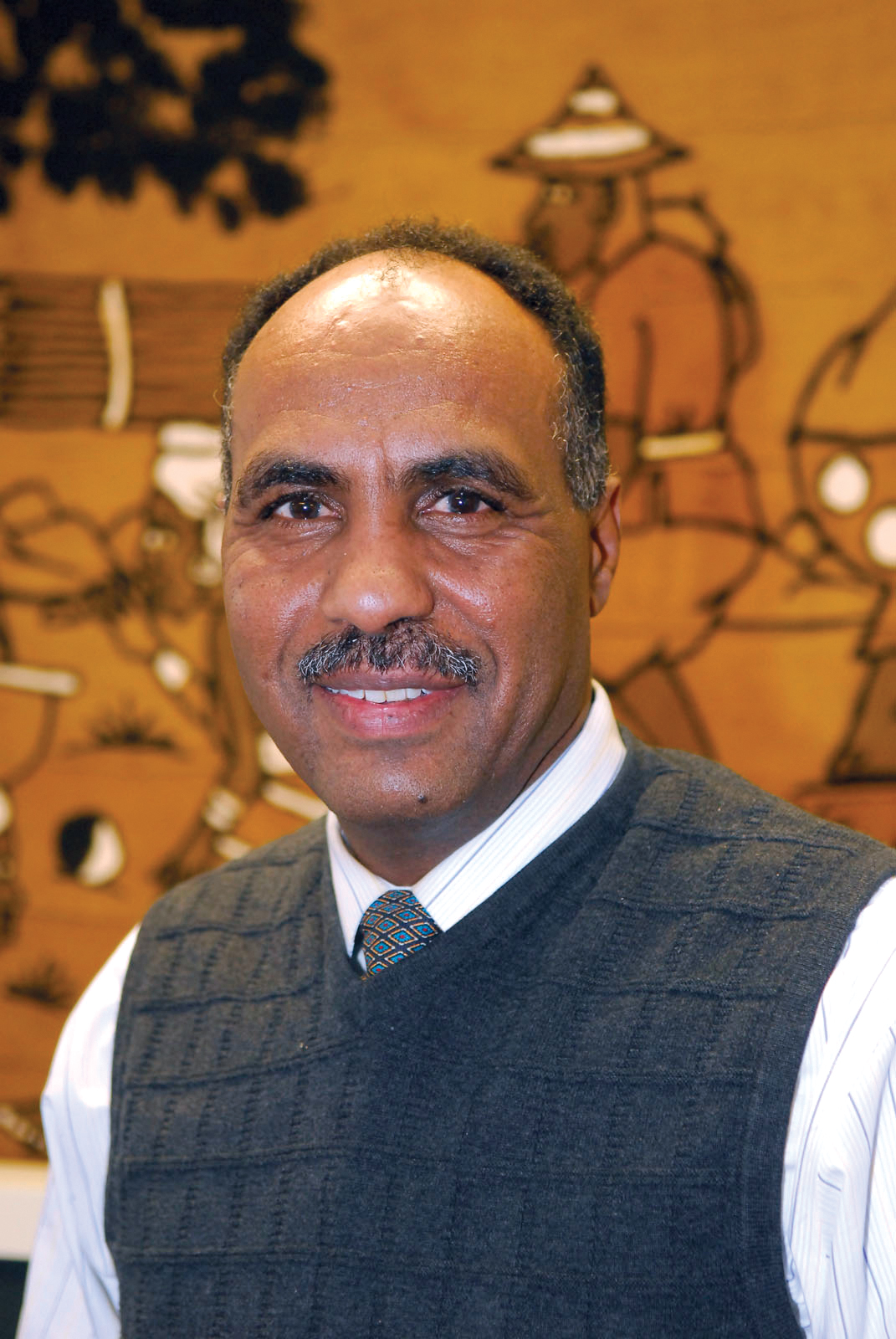February has been designated as African American Heritage Month for several decades now. Its origin goes back to 1915, initiated by African American historian Carter G. Woodson. This initiative took place while many freed slaves were still alive. Freed from chattel slavery, African Americans were left to fend for themselves, ending up sharecroppers of their former slave masters. Their humanity and cultural identity were deliberately stripped from them to be broken into docility. Dr. Woodson was intentional in promoting “Negro History” in 1926 to counter the Jim Crow Segregation enforced by lynching and mob justice. The goal was to keep African Americans in their place with the stigma of slavery marked by their black bodies.
Dr. Woodson and his colleagues chose February as African American Heritage Month in recognition of two important historical figures whose birthdays are in February: abolitionist Frederick Douglass and President Abraham Lincoln, who emancipated African Americans from slavery. People who do not know the background are cynical, as if the government allocated to them the shortest month of the year, while others complain that we should celebrate African American history every month. The founders found it critical for African Americans to recognize their contribution to American society, in particular, and to the world in general. Therefore, focusing on a particular month while honoring historical figures, who fought for their freedom and liberty, is noble.
The seed planted by Dr. Woodson initially was limited to a few days or one week to coincide with the birthdays of Douglass and President Lincoln. In the 1960s, the Civil Rights and Black Power movements brought greater awareness about the contribution of people of African descent, extending the celebration to the whole month of February, an evolution that took several decades. In 1976, February as African American Heritage Month received national recognition. This might be an important milestone for the dominant culture to recognize February as African American Heritage Month but I agree with those who advocate that America’s diversity should be woven into everyday educational curriculum at all levels. The dominant Eurocentric culture should not be the only standard. Recognizing and giving equal footing to other heritages does not diminish our national identity; it enhances and strengthens it. Multiculturalism expresses our unity in diversity.
The Civil Rights and Black Power movements have made additional contributions many do not recognize or appreciate. First, they helped us to consider diversity as a value America has to celebrate; second, these movements, especially the Black Power movement, advanced ethnic studies in our colleges and universities, expanding the intellectual and cultural potluck of American society. Consequently, the outcomes are Asian Pacific Islander Heritage month recognized in May, Hispanic Heritage in September and Native American Heritage in October.
The evolution of African American Heritage to celebrate in February added a new component. Fr. James Goode, OFM initiated the National Day of Prayer for the African American Family, celebrated on the first Sunday of February since 1989. This component further dignifies the African American Heritage rooted in the divine purpose and providence.

Fessahaye Mebrahtu
